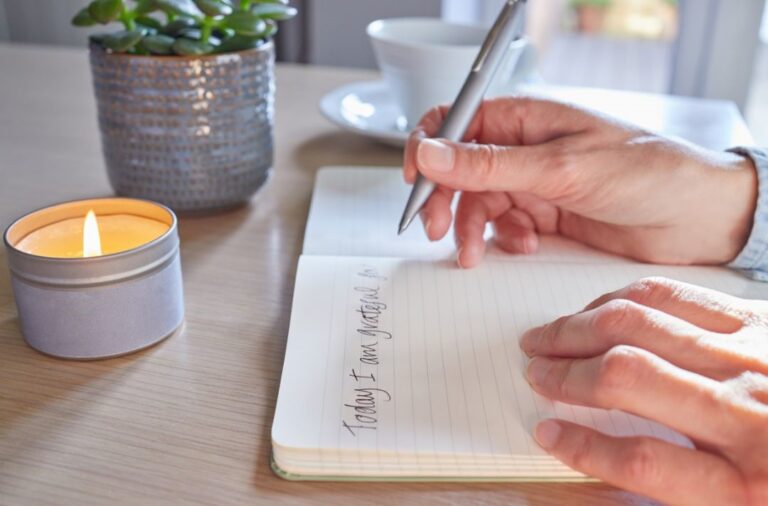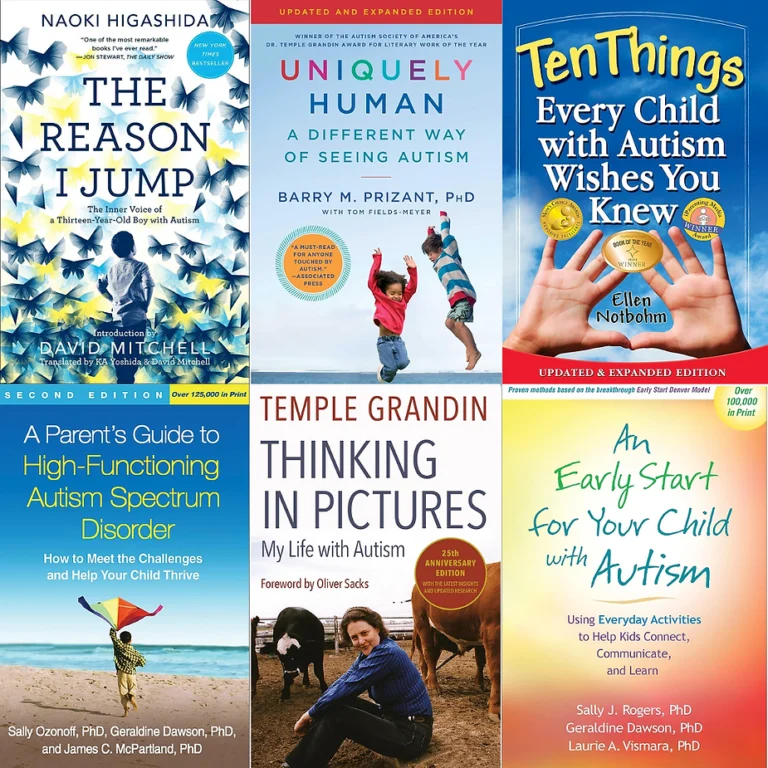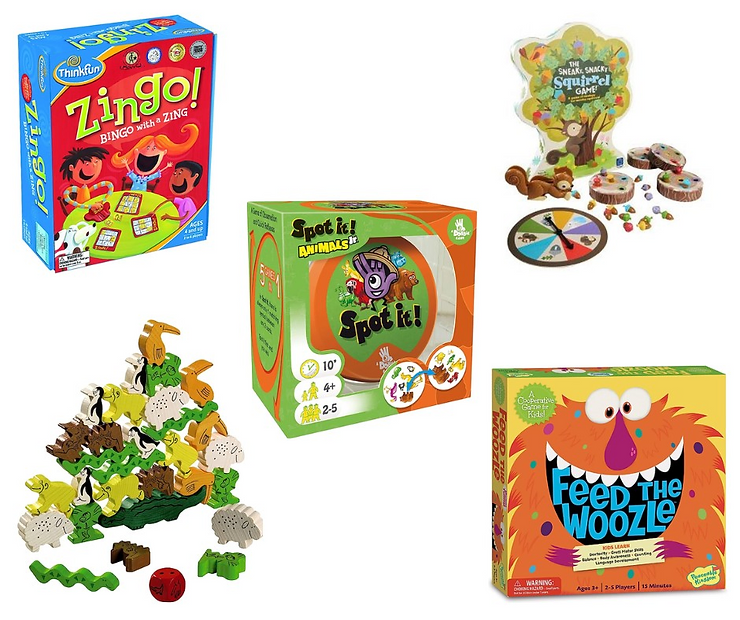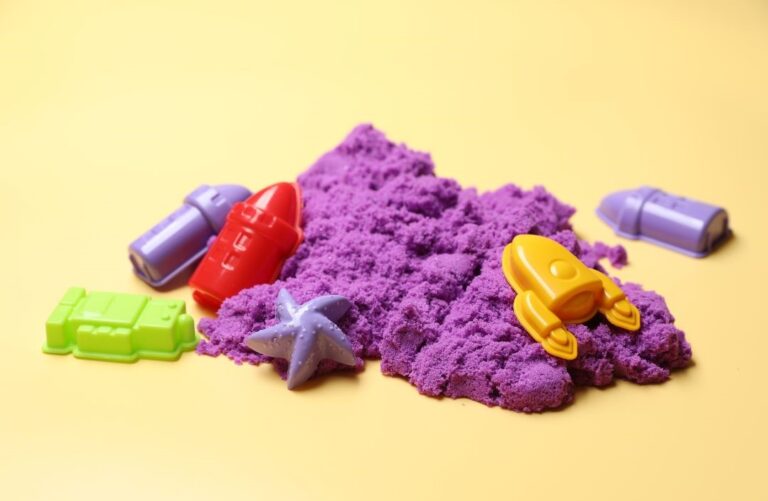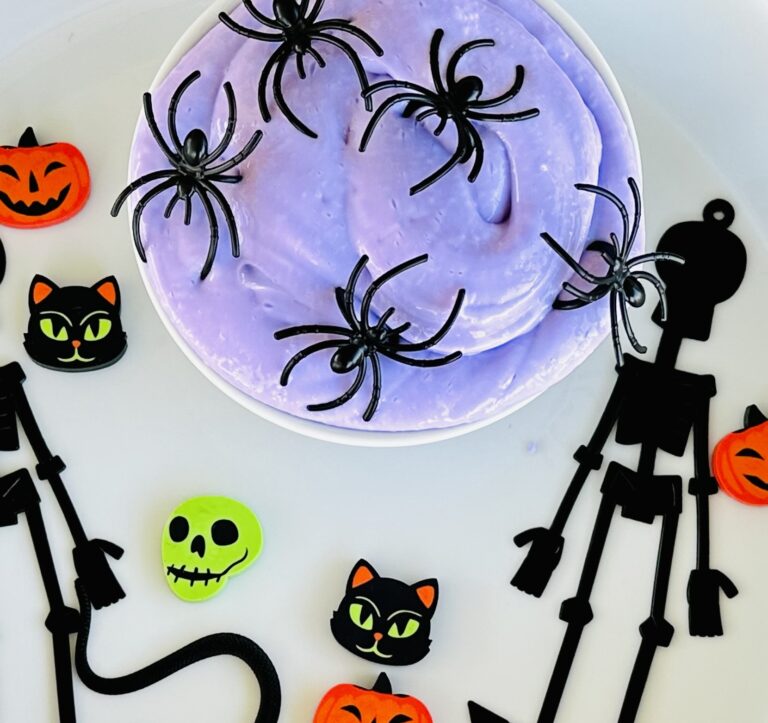The Best Autism Friendly Playdate Ideas

The Best Autism Friendly Playdate Ideas. The best tips and fun activities to plan an autism friendly playdate that’s enjoyable for everyone!
This post may contain affiliate links and I could earn a small commission at no cost to you. However, I will never recommend anything that I do not believe in or use myself. You can read more about my disclosure policy here.
Playdates can be magical, but for parents of autistic children, they often come with extra layers of preparation and worry. Here’s a stat that might surprise you: 1 in 36 children in the U.S. are diagnosed with autism, and yet social opportunities like playdates can still feel daunting for many of these families.
But here’s the thing—autism friendly playdates don’t have to be overwhelming! They can be rewarding experiences that help your child build social skills, confidence, and even friendships.
Think about it. With a little planning and the right approach, you can transform a simple playdate into an opportunity for growth. It’s not about doing things “perfectly.” It’s about setting up an environment where your child can thrive and connect.
This guide will walk you through the steps—from selecting the best playmate to structuring the day in a way that works for your child. Let’s dive in and turn playdates into stress-free, confidence-building moments.
Why Playdates Are Important for Autistic Children
For autistic children, socializing doesn’t always come naturally. However, it’s through these social interactions that they can learn essential skills like communication, sharing, and teamwork.
These autism friendly playdate ideas gives autistic children the chance to practice social skills in real-world situations, helping them become more comfortable interacting with peers. It’s a time for learning, but also for fun and building confidence and self-esteem.
Research shows that early social interactions can significantly impact a child’s ability to develop friendships and function in group settings as they grow older. For autistic children, regular playdates offer the chance to work on these skills in a setting that’s less overwhelming than a large classroom or public event.
Related: Building Strong Self Esteem in Autistic Children: A Parent’s Guide
Before the Playdate: Set the Stage for Success
Preparation is key to ensuring a smooth playdate. Autistic children often do better when they know what to expect, and planning ahead helps create a sense of security.
1. Ensure Your Child is Ready for a Playdate
Before arranging a playdate, assess whether your child is comfortable with basic social interactions. Can they share toys, take turns, or follow simple game rules? If not, you can practice these skills at home in low-pressure environments.
Role-playing or using social stories—visual or written guides that explain social scenarios—can help your child understand what to expect during a playdate.
You might also consider short, supervised play sessions with siblings or close family members as a “trial run” before inviting other children.
2. Choose the Right Playmate
Not every peer will be the perfect match for your child. Look for a child who is kind, patient, and understanding—someone who might already know a bit about your child’s needs.
It’s also helpful if they have similar interests, as this can make playtime flow more naturally. For example, if your child loves trains, a playmate who also enjoys building tracks or playing with toy cars would make a great fit.
If you’re unsure about potential playmates, ask teachers or therapists for suggestions. Sometimes, they’ll have insight into which children are more likely to be good friends for your child.
3. Select a Neutral Location
Holding the playdate in a neutral location can prevent territorial behavior over toys or spaces. Playdates in parks, playgrounds, or local sensory-friendly museums offer new environments where both children can explore together.
If your child is prone to sensory overload, visit the location beforehand to check for triggers, like loud noises or bright lights, and go during quieter times to avoid overwhelming them.
4. Pick the Perfect Time
Timing is crucial—plan the playdate for a time when your child is typically at their best. Avoid nap time or mealtime, and make sure both children are rested and ready to engage.
Scheduling the playdate during a time when the park or location isn’t crowded can also minimize sensory overload and distractions.
If your child thrives on routine, pick a consistent time and day of the week for playdates to help them anticipate and prepare for social time.
5. Visual Schedules: Countdown to the Playdate
Adding the playdate to your child’s visual schedule can be a game-changer. Autistic children often rely on routines and visual cues to make sense of their day, and knowing what’s coming next helps ease anxiety.
Use pictures or symbols that represent each stage of the playdate—like traveling to the park, playing on the swings, or snack time—and remind your child regularly as the day approaches.
6. Prepare a Quiet Zone
Overstimulation can happen quickly, especially when there’s a lot of noise or activity. Having a designated quiet space or calm down corner—whether it’s a corner of the room or a separate room—provides a retreat for your child if they feel overwhelmed.
Fill the space with calming objects like soft pillows, favorite toys, or even noise-canceling headphones. Teach your child that they can use this space whenever they need a break.
Related: How to Create a Calm Down Corner

Autism Friendly Playdate Activities and Ideas
When it comes to autistic children, structured activities often work best. Having a clear plan ensures that the kids know what to expect, and it can help prevent unstructured time from becoming overwhelming. Choose activities that your child is already familiar with and enjoys.
1. Sensory Bins
A sensory bin is a wonderful way for children to explore different textures and engage in hands-on play. Here’s how you can set up a sensory bin:
- Filling Options: Use materials like colored rice, dried beans, or kinetic sand. Ensure the materials are safe and non-toxic.
- Add-Ins: Include various scoops, tongs, cups, and containers for pouring and sorting. Items like toy animals, cars, and small figures can add an imaginative play element.
- Themes: You can create themed sensory bins, such as an ocean theme with kinetic sand and sea creatures, or a farm theme with dried corn kernels and toy animals.
Related: Sensory Bin Supplies: What You Need To Have
2. Building Toys
Building toys are great playdate ideas as they can stimulate imagination and creativity without overwhelming sensory input. Here are some great options:
- LEGO: These classic building bricks allow for intricate creations and can be used to build structures, vehicles, or imaginative worlds. Offer sets that match your child’s interests, whether it’s animals, space, or castles.
- Magnetic Tiles: Magnetic building tiles are easy to manipulate and can be used to create 3D structures. They offer a satisfying sensory experience with their smooth surfaces and magnetic connections.
- Blocks: Wooden blocks, foam blocks, or even cardboard boxes can be stacked, sorted, and knocked down, providing endless fun.
3. Crafts
Crafting is a fantastic way to engage children’s creativity while providing a calming activity. Here are a few craft ideas:
- Painting: Set up a painting station with washable, non-toxic paints and various brushes or sponges. Consider using easels or painting on large sheets of paper spread out on the floor. Finger painting can also be a great sensory experience!
- Coloring: Provide coloring books or printed sheets with different designs. Offer a variety of coloring tools such as crayons, markers, and colored pencils.
- Simple Crafts: Think about easy projects like decorating picture frames, making friendship bracelets, or creating collages with cut-out shapes and stickers. Be sure to use materials with different textures, like foam, felt, and fabric.
- Sensory Bottles: Sensory bottles can be mesmerizing and soothing. Use empty plastic bottles, water, glitter, food coloring, and small objects like beads or buttons. Fill the bottles with water, add glitter and small objects, and seal the lid tightly. Your child can shake the bottles and watch the contents swirl and settle.
4. Outdoor Play
Spending time outdoors can be incredibly soothing and provide plenty of autism friendly playdate activities. Consider these outdoor playdate ideas:
- Gentle Swings: Swings can be very calming. Look for a park with a gentle swing or set up a swing in your backyard. A hammock swing can also provide a soothing, cradling motion.
- Sandbox: A sandbox offers tactile play opportunities. Provide tools like shovels, buckets, and molds for building and digging.
- Outdoor Obstacle Course: Set up a course in the yard with cones, hoops, and balance beams. Ensure the activities are gentle and safe.
- Water Table: Set up a water table with water and various toys like cups, funnels, and water wheels.
- Nature Walk: Take a calm, leisurely walk through a local park or nature trail. Collect leaves, rocks, or flowers, and encourage your child to observe different sights and sounds. This can be a wonderful way to connect with nature and enjoy some quiet time.
5. Simple Games
Simple games are great playdate ideas. Classic board games like “Guess Who?” and “Don’t Break The Ice” have clear, easy-to-follow rules, making it perfect for structured play.
Related: Ultimate Toy Guide: 30 Best Board Games for Kids
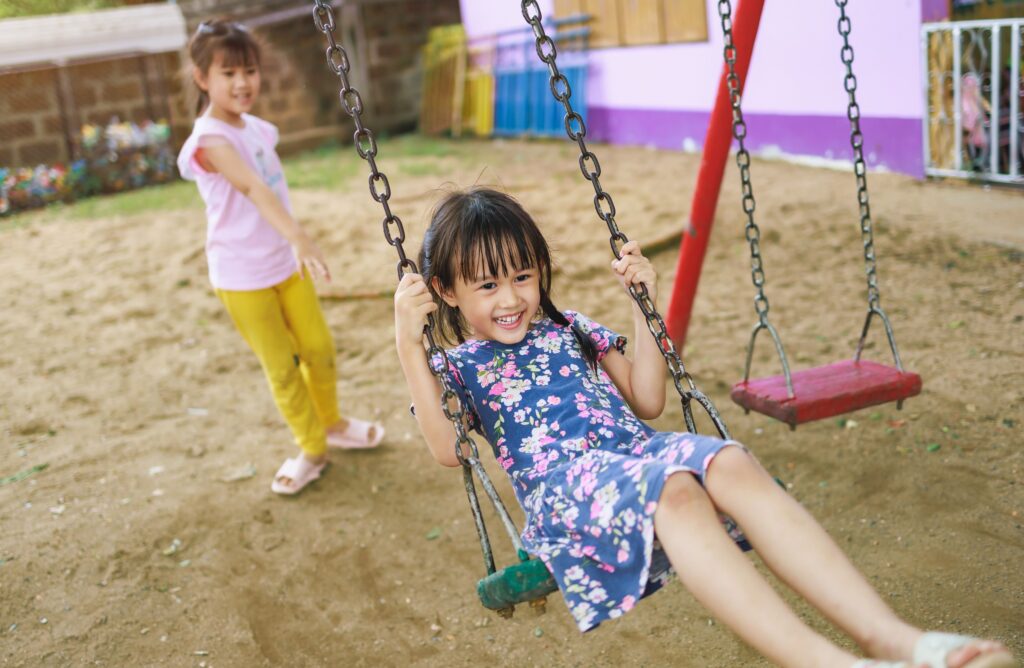
Keep The Playdate Short and Sweet
Autistic children often do better with shorter, more focused social interactions. It’s tempting to schedule a long playdate, but starting small helps prevent overstimulation and meltdowns.
1. Reinforce Positive Interactions
Use positive reinforcement to encourage social behavior. Simple phrases like, “I love how you’re sharing your toys,” or “Great job taking turns!” can boost your child’s confidence.
Keep the praise specific to the behavior, and try to give immediate feedback so your child associates the praise with their actions.
Related: Positive Affirmations For Autistic Children You Need To Know
2. Stay Involved
You’ll likely need to be more hands-on during the playdate than you would with neurotypical children. Your role is to help facilitate play, guide interactions, and step in if the kids need help resolving conflicts.
You can model positive social behaviors like asking to take turns or offering a toy to a friend. Don’t be afraid to gently coach both children—this helps everyone learn.
3. Have an Exit Strategy
No matter how well the playdate is going, have an exit plan if things start to go south. If you notice signs of sensory overload, anxiety, or frustration, it’s better to end the playdate on a positive note than to push through a potential meltdown.
Use transition cues, like a 10-minute warning, and offer a comforting activity—like a favorite snack or TV show—as a reward for good behavior after the playdate ends.
After the Playdate, Reflect and Prepare for the Next One
Once the playdate is over, it’s important to take some time to reflect on how it went. You can discuss the experience with your child in simple terms. Ask them what they enjoyed and what was hard for them. This reflection helps you understand what worked well and what might need to change for future playdates.
You can also use this time to practice any challenging social skills before the next playdate. If sharing was difficult, for instance, spend some time role-playing scenarios where your child might need to share a toy or take turns.
Final Tips for Successful Playdate Ideas
- Practice social skills regularly. Use everyday moments to practice turn-taking, sharing, and communicating with others.
- Connect with other parents. Getting to know the parents of your child’s playmates helps build a support network. You can swap tips and advice about what works best for each child.
- Choose shared interests. Kids with similar hobbies will naturally bond over their love of a particular activity, so focus on peers who enjoy the same things as your child.
- Stay flexible and patient. Every playdate is a learning experience. If one doesn’t go as planned, don’t worry! Each interaction offers valuable practice for your child’s social development.
The Benefits of Playdates for Autistic Kids
Although organizing an autism friendly playdate requires a bit more effort, the benefits are immeasurable. These playdate ideas give your child the opportunity to develop social skills in a real-world setting, helping them learn how to communicate, share, and play cooperatively with others.
Over time, these interactions can lead to stronger friendships, increased confidence, and a better understanding of social dynamics. Plus, when playdates are positive and fun, your child will begin to look forward to them, transforming what might once have been a challenge into something they enjoy.
Recommended
- Sensory Bin Supplies: What You Need To Have
- Ultimate Toy Guide: 30 Best Board Games for Kids
- How to Create a Calm Down Corner for Autism
- Positive Affirmations For Autistic Children You Need To Know
- Building Strong Self Esteem in Autistic Children: A Parent’s Guide

